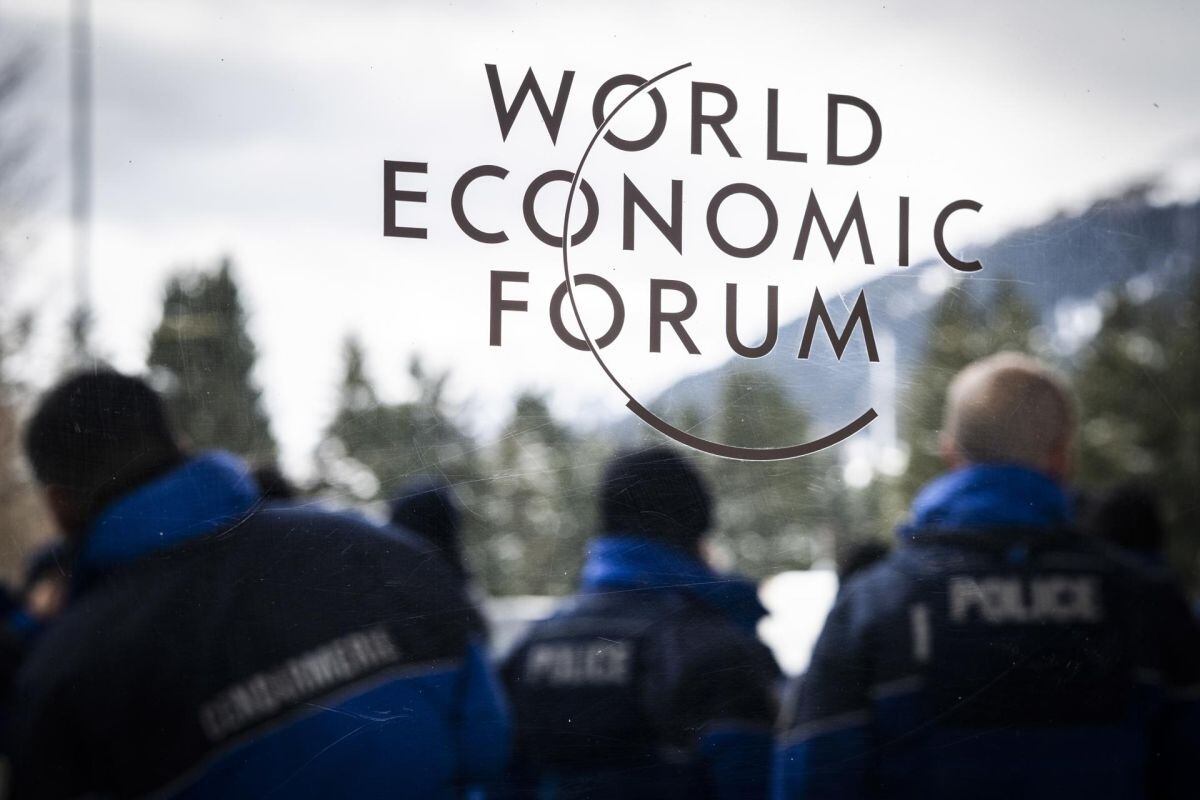
The simultaneous crises that have arisen and their severity, such as the war in Ukraine and its global impact after two years of pandemic, will be part of the challenges for the meeting of leaders at the Davos Forum.
The largest annual meeting of the World Economic Foruman entity that promotes public-private alliances, is unique in its kind for being the only platform in which top-level political leaders talk openly and even agree to agreements with the executives of the firms that move the world economy.
Additionally, political and business leaders have the opportunity to dialogue with experts from different areas -science, technology, human rights, space exploration, among many others- to soak up the latest trends and innovations and understand the challenges and opportunities they offer.
READ ALSO: Why the current crisis is an opportunity to build a green economy
These exchanges do not only take place in formal meetings, but also in informal meetings, during receptions, dinners, coffee breaks or after one of the nearly 400 sessions that make up the Davos Forum program, between this Tuesday 17 and Friday the 20th.
The seriousness of the international situation may explain why this year some sessions were missed that in previous years were dedicated to mental health issues and progress in neuroscience, given the need to delve into issues such as geopolitical divisions, which have never been so deep since the Cold War; or the way to channel the economy towards sustainability.
However, leaders who wish to do so will have the opportunity for a half-hour introspection first thing in the morning in the form of a guided meditation by a traditional Japanese Buddhist monk, an activity that is part of the official program.
This year, public figures from 370 governments and international organizations will attend the Forum, with a notable presence of European heads of government and, in particular, from Eastern Europe, the part of Europe closest to Ukraine.
Among the ministers of State present, the most numerous will be those of Economy, Finance, Energy and Environment, which shows the recognition of the interdependence between economic growth, energy transition and environmental sustainability.
READ ALSO: Short-term measures can ruin the energy transition
The Forum also shows in its 53rd edition its efforts to achieve gender parity in its program, in which 42% of the speakers will be women, although among political and business leaders the overwhelming majority continues to be male.
The debates will open on Tuesday morning, with interventions by the President of Switzerland, Alain Berset, as the host country. Immediately it will be the turn of the President of the European Commission, Ursula von der Leyen, the head of the Spanish Government, Pedro Sánchez, and the expected intervention of the Chinese Vice Premier Liu He, considered one of the inspirers of the Chinese economic model.
Latin America, shaken by the attempted coup in Brazil, and the protests that have left almost fifty dead in Peru, will also be at the center of two debates in which the presidents of Ecuador, Colombia and Costa Rica will participate. .
The government of President Luiz Inácio Lula da Silva will send three state ministers to explain to the leaders the vision of progress it has for the country.
On the other hand, this year the US delegation will be modest, although the presence of the director of national intelligence and the head of the FBI stands out.
With information from EFE
Source: Gestion
Ricardo is a renowned author and journalist, known for his exceptional writing on top-news stories. He currently works as a writer at the 247 News Agency, where he is known for his ability to deliver breaking news and insightful analysis on the most pressing issues of the day.












